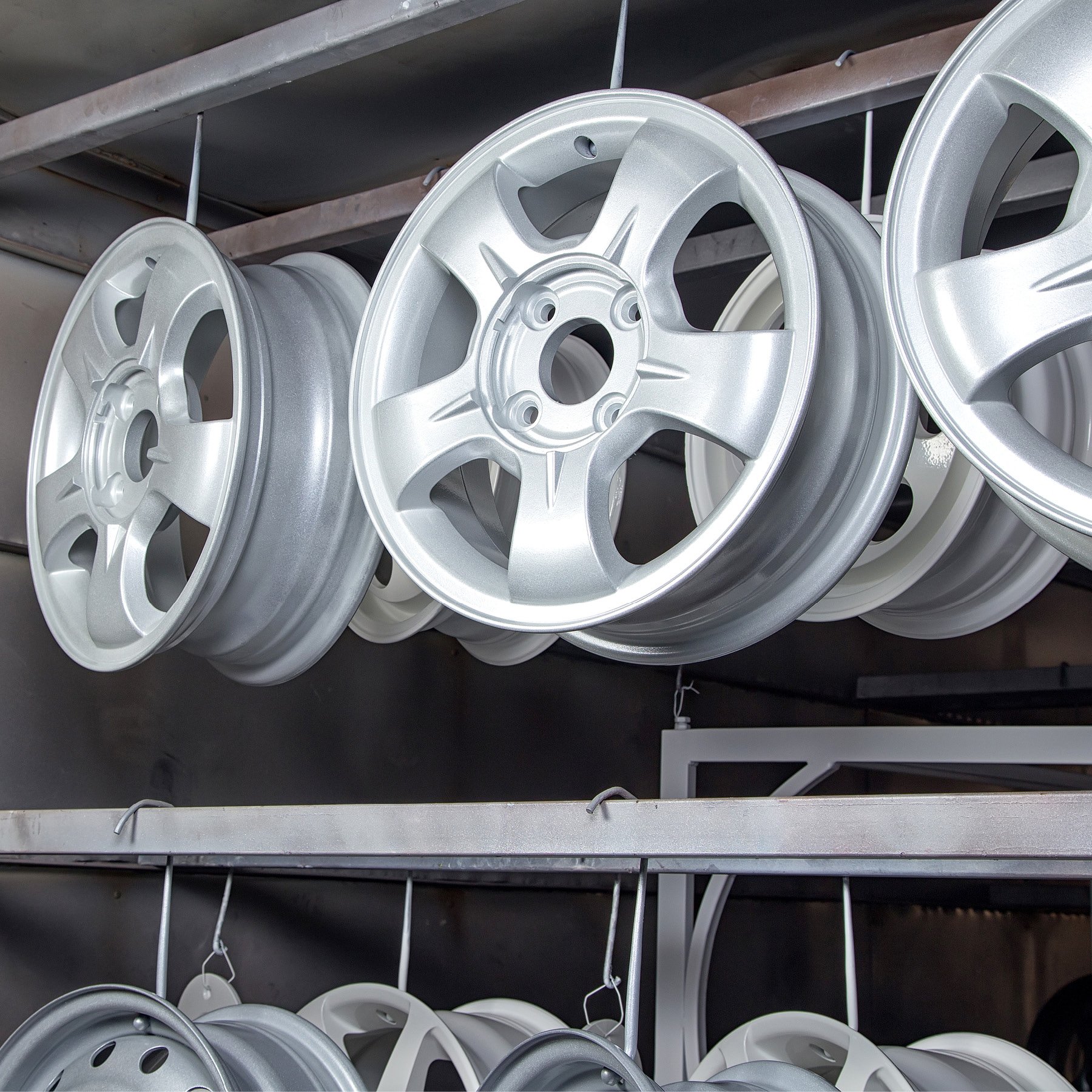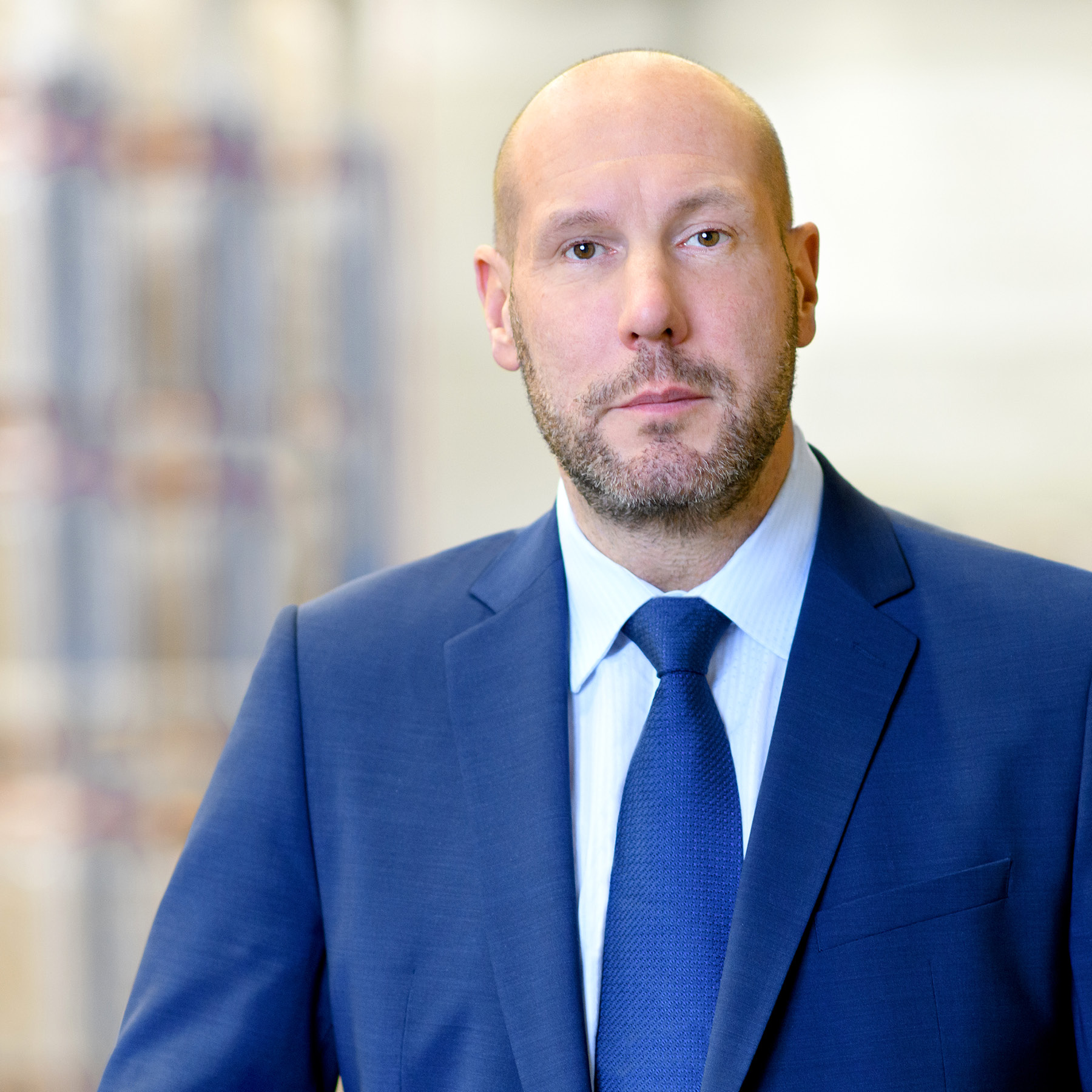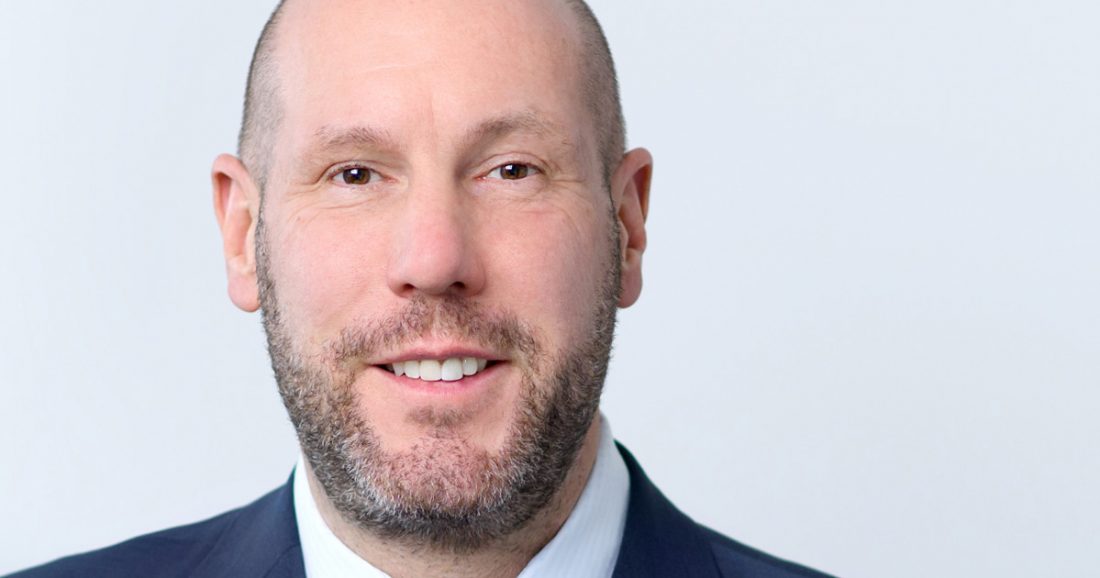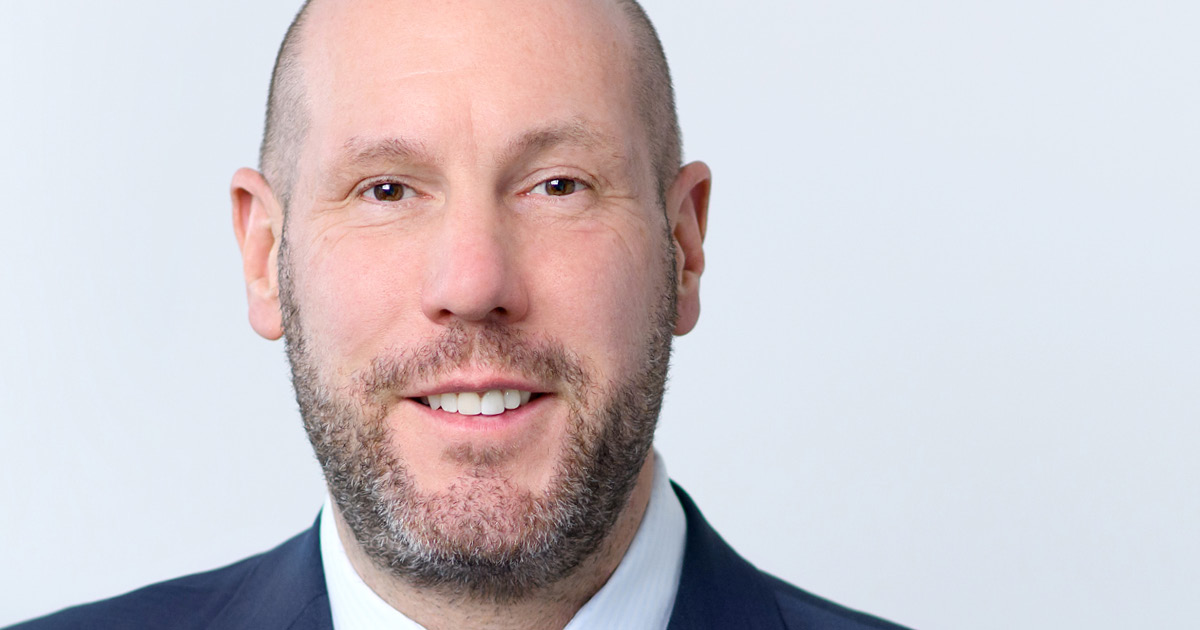Operating in industries that are experiencing flat or low growth requires a completely different approach to fast-developing sectors. Agility, forward planning and finding a niche are hallmarks of businesses that thrive during times of slow market growth.
Sven Damm is Senior Vice President & President Europe at Superior Industries, one of the world’s leading suppliers of aluminum wheels. For him, finding profitability in the automotive industry, where growth forecasts are almost flat, is made possible by a focus on quality.
In collaboration with
RUSAL

“When the complexity increases, this is where Superior Industries plays a central role in the premium products space. In the high content wheel segment we have created a reputation for engineering and producing wheels of the highest level,” Damm tells The CEO Magazine.
Focusing on the top end of the automotive market is not without its challenges. Two of the most pressing issues, says Damm, are increasing wheel costs and rising energy prices.
But one thing he doesn’t have to worry about is whether a vehicle uses a combustion engine or an electrified engine – “It still requires wheels,” he reasons.
Driving Sustainability
Sustainability is a topic at the top of his mind and, on the subject, Damm says it’s no longer enough for businesses to simply pay lip service. He champions initiatives throughout the company that seek to address this pressing challenge.
“We need to take steps to make sure that sustainability is achieved. Sustainability is in our genes, it’s not just a phrase you can put somewhere on a screen, believing that’s enough,” he adds.
While the methods businesses take to become truly sustainable for future generations may change, Damm believes that leaders should be open-minded to how the end goal can be reached.

“We have created a reputation for engineering and producing wheels of the highest level.”
“The next couple of years will definitely look different. You need to go with the times and you shouldn’t be holding back further developments,” says Damm. “We need to keep an open mind to drive progress.”
Rather than siloing programs that improve sustainability, Damm and his team actively embed these initiatives in all business areas. By viewing sustainability as a core corporate aim, it can be considered in diverse applications such as digitalization and AI.
Especially in businesses that have experienced a great deal of success, it can be tempting to look back on what’s been achieved and try to replicate this going forward, he continues. But it’s essential to look to the future and embrace innovation.
“Today, the drive to reach future goals needs to be different than it was 20 years ago. Sustainability is the top focus, definitely,” he adds. “We are all accountable for sustainability.”
Distinct Approach
Of course, without a profitable business, achieving sustainability milestones wouldn’t be possible. Under the leadership of Damm, Superior Industries has followed a strategy that sets it apart from rivals and works to ensure the long-term success of the business.
Becoming a leading global player doesn’t happen by accident. Superior Industries’ competitive advantage is driven by a robust manufacturing presence in Poland, which is always looking for self-improvement.
High-Tech Efficiency
It’s an exciting time to be leading Superior Industries Europe, with innovation around digitalization, Industry 4.0 and AI helping transform the manufacturer into a business that will succeed long into the future.
Specifically in the manufacturing environment, where every single dollar that is spent must get a three or four-times return on investment, the need for efficiency is paramount. “That’s the key element to make sure that from an operations perspective, we are steering the boat into a direction where it’s sustainable,” adds Damm.
“Our development expertise when it comes to sustainability, performance is where Superior is very strong,” says Damm.
A unique aftermarket setup by way of brands ATS, RIAL, ALUTEC and ANZIO, is also of growing importance in its product portfolio. Damm explains this aftermarket focus enables the business to explore new designs and new processes themselves, independent from the original equipment manufacturers.
Strong Collaboration
As Damm looks forward, he understands that the company needs to be in total synchronization with its supply partners. He explains that transactional supplier arrangements, where little collaboration exists, are of no interest to him and his team. First and foremost, partners are selected on the belief that they will still be trading decades into the future.
It’s also important for Damm that partners are actively working to improve processes moving forward, as well as helping the business to develop equipment to stay ahead in the competitive landscape.

“We need to take steps to make sure that sustainability is achieved. Sustainability is in our genes.”
“We need to have one strategy and one direction that we are all striving for together, in partnership. That requires a lot of effort going into discussions, but also a lot of meetings to build in a collaborative manner to make sure that our strategy is matching our customers’ goals,” he says.
It can take time and resources finding the right collaborative approach, but for Damm, the results are more than worth it. For instance, by establishing a strong relationship with Rusal, the world’s second-largest aluminum company, Superior Industries has unlocked powerful competitive advantages.
As the automotive industry continues to face a difficult period, with low growth expected, the combination of a commitment to quality and extensive partner relationships have been able to boost the prospects of Superior Industries and set the business in a position to not only survive but thrive.




